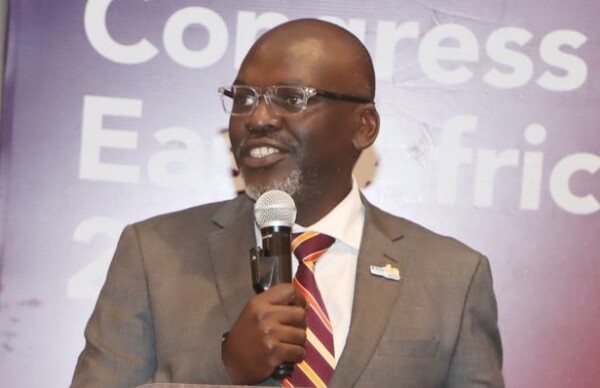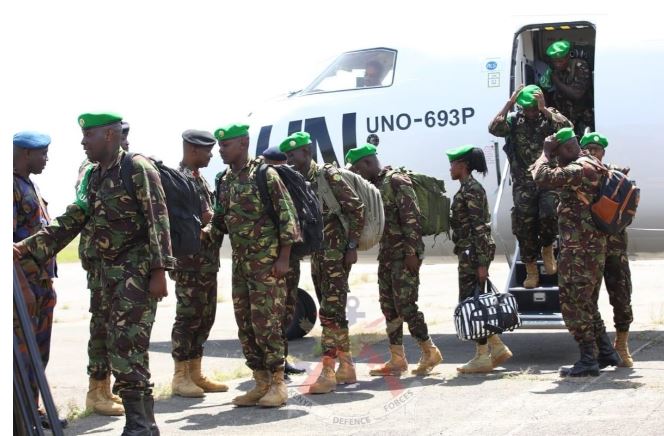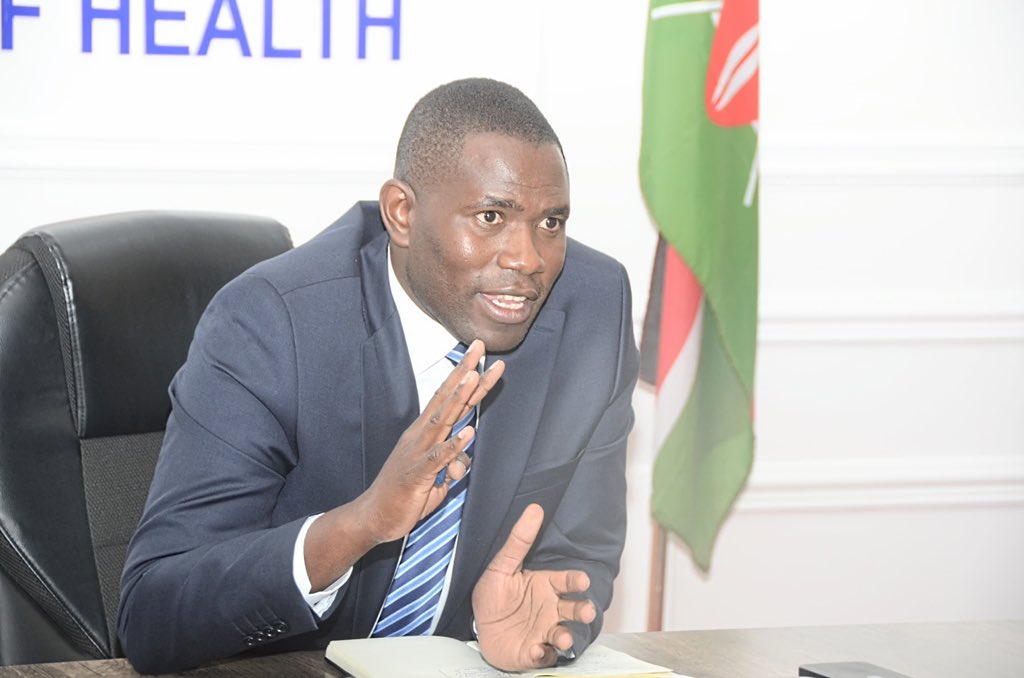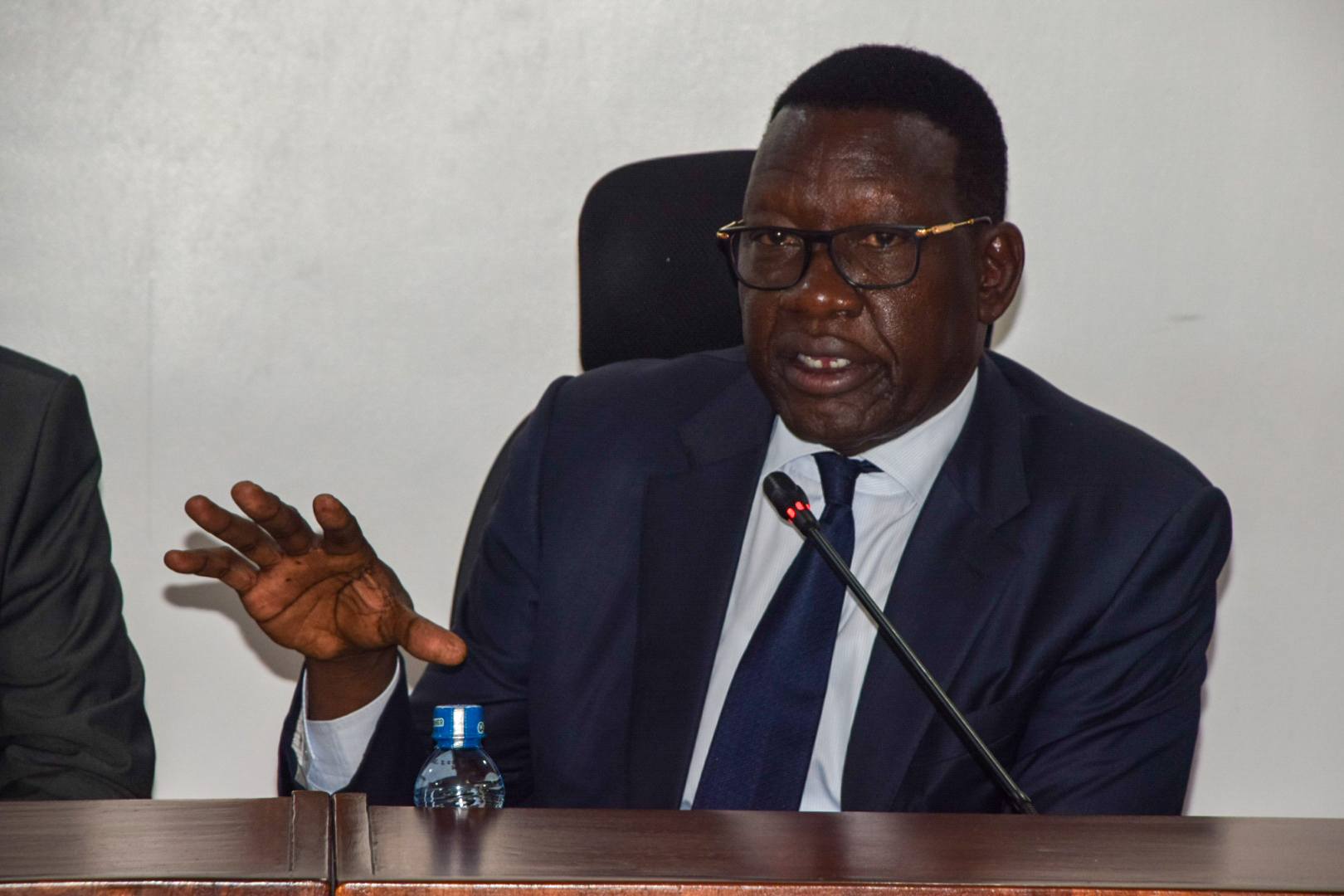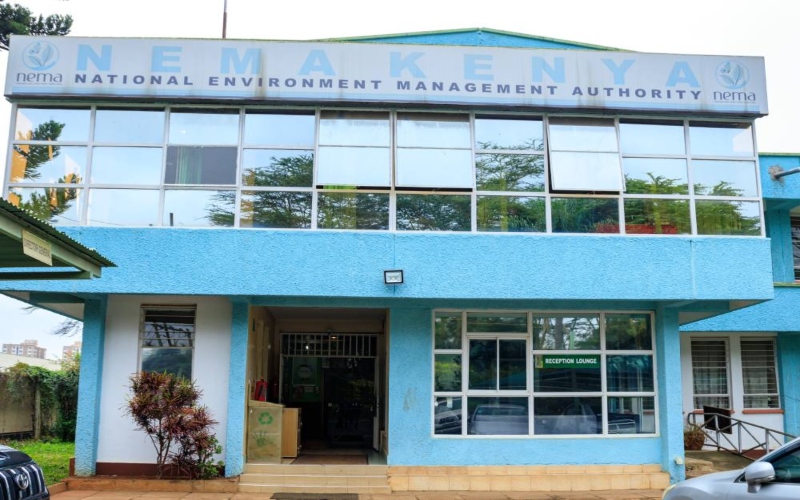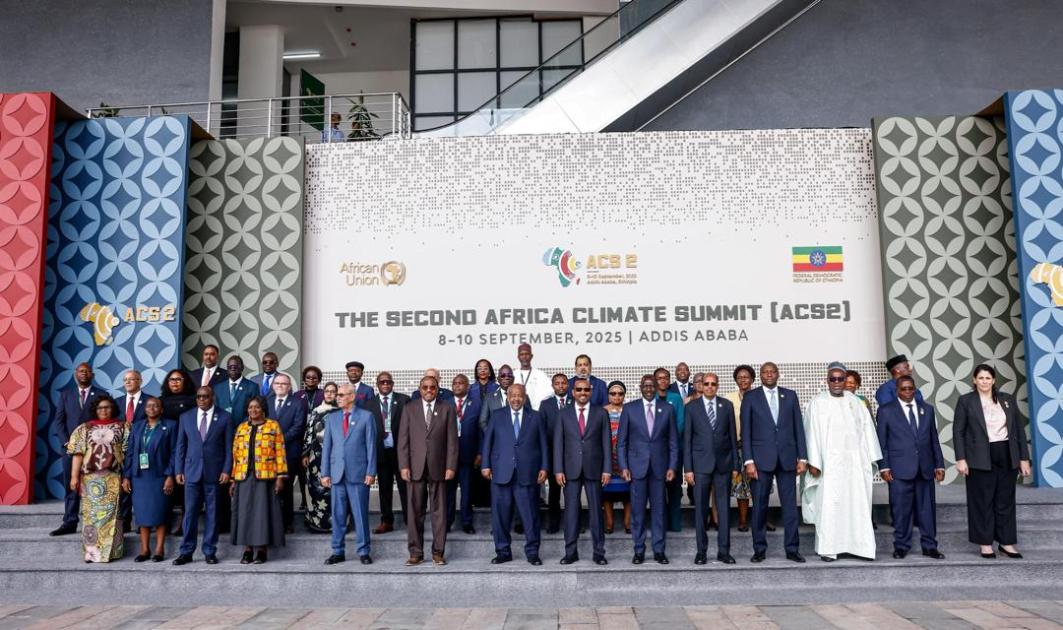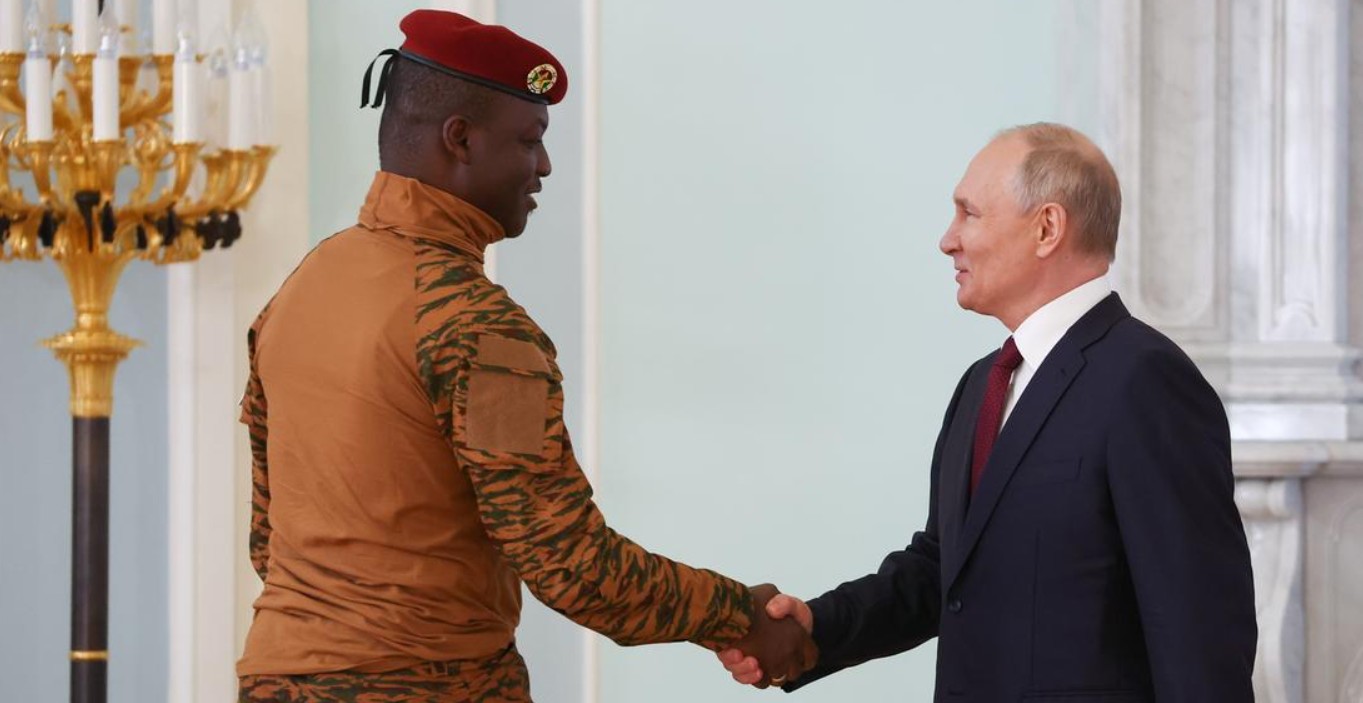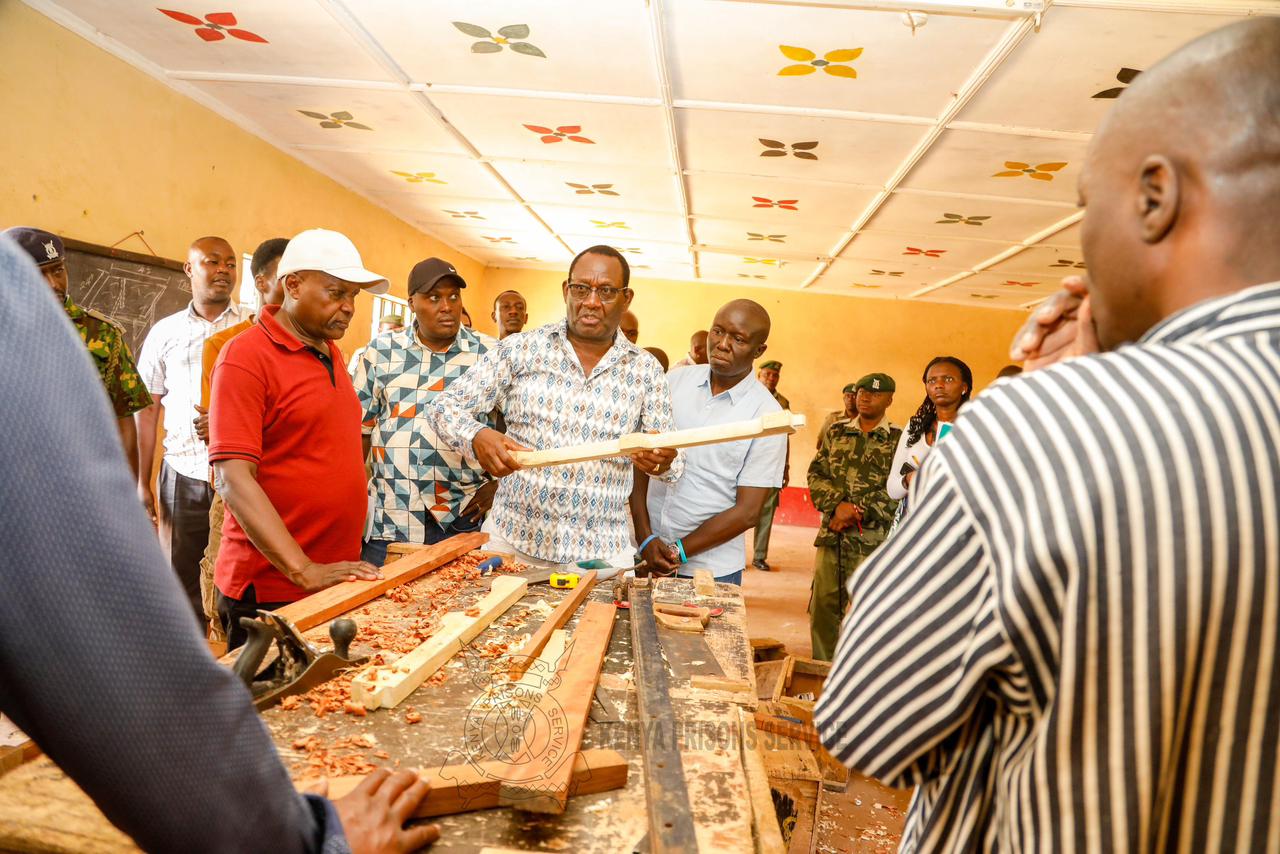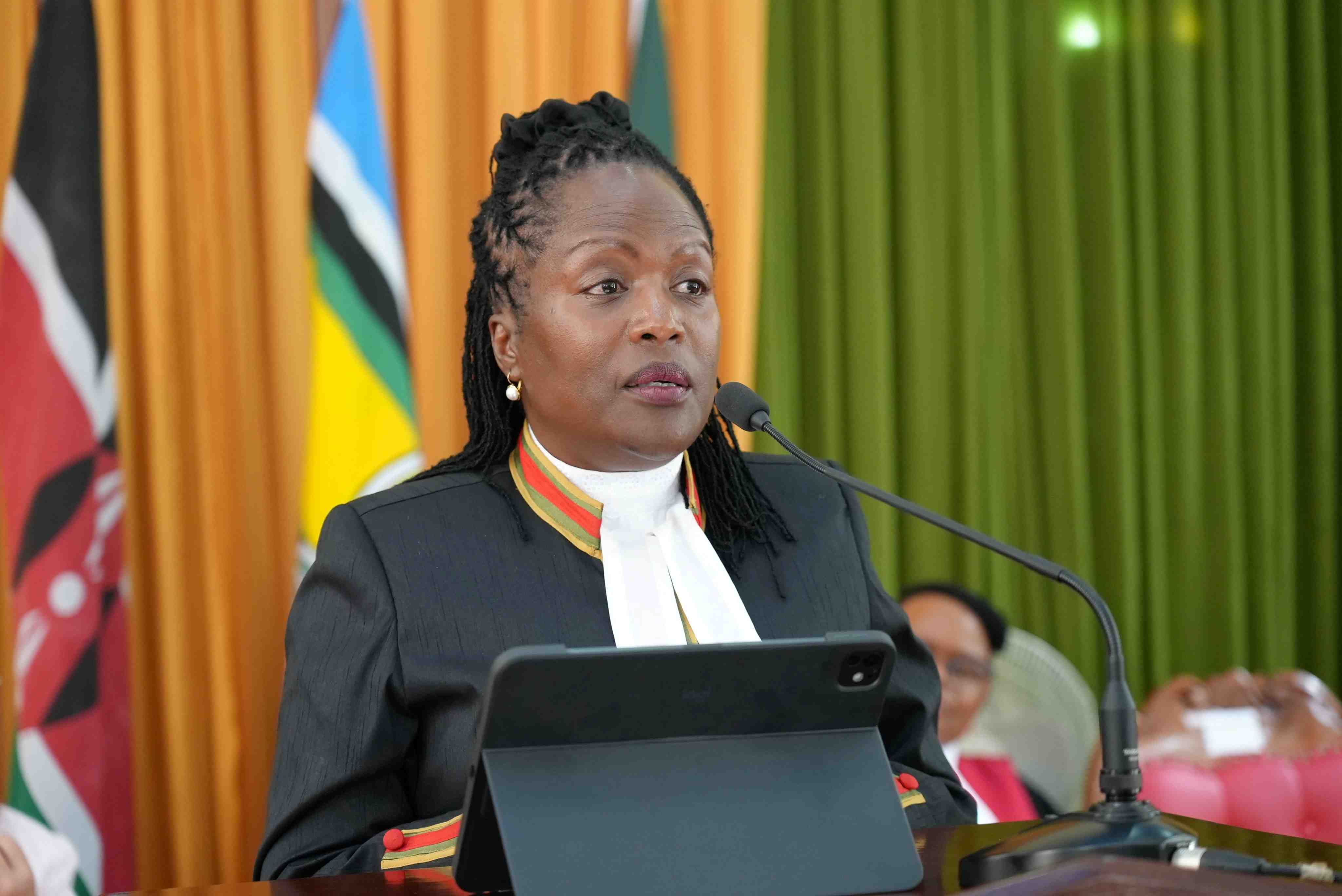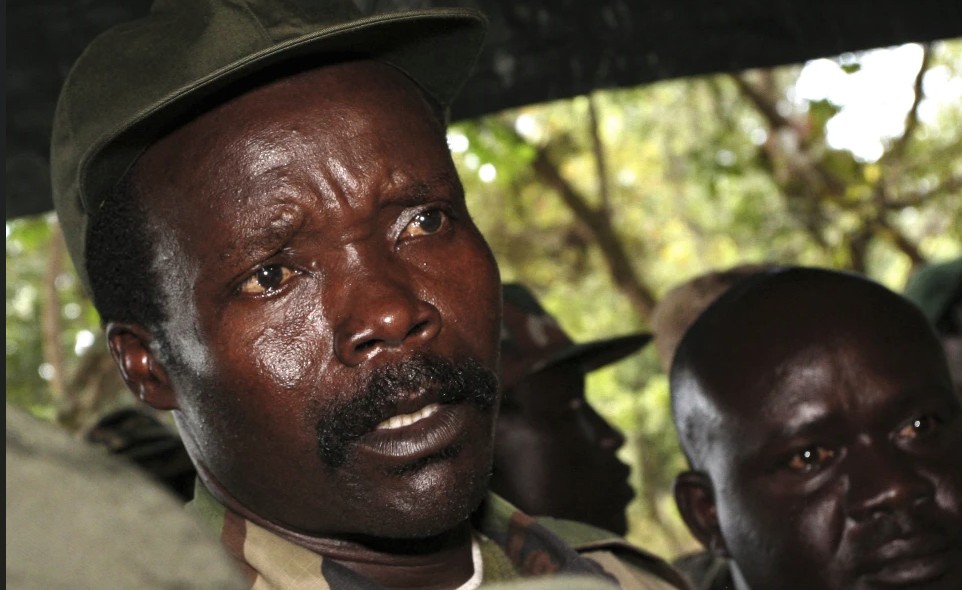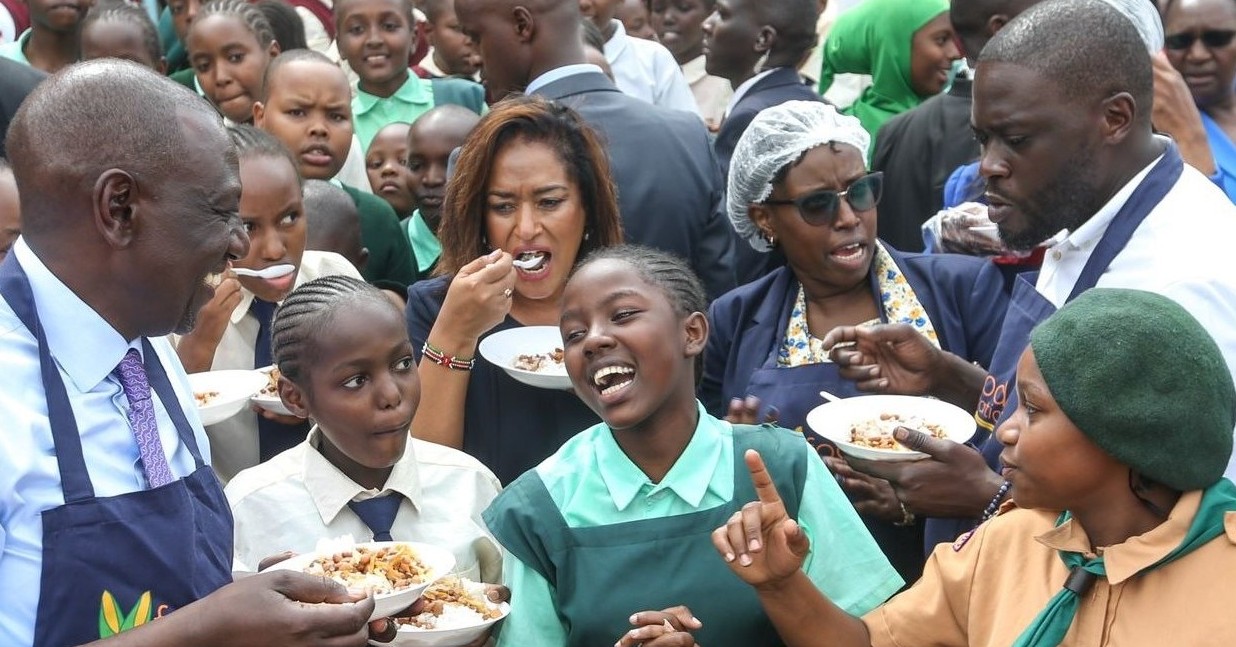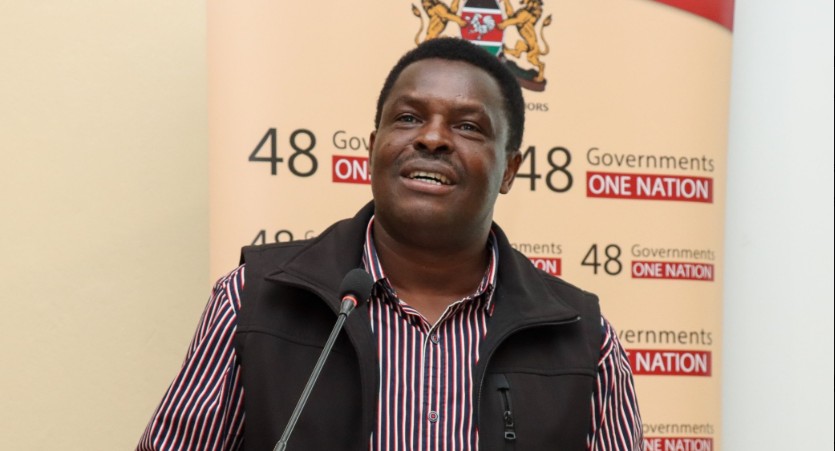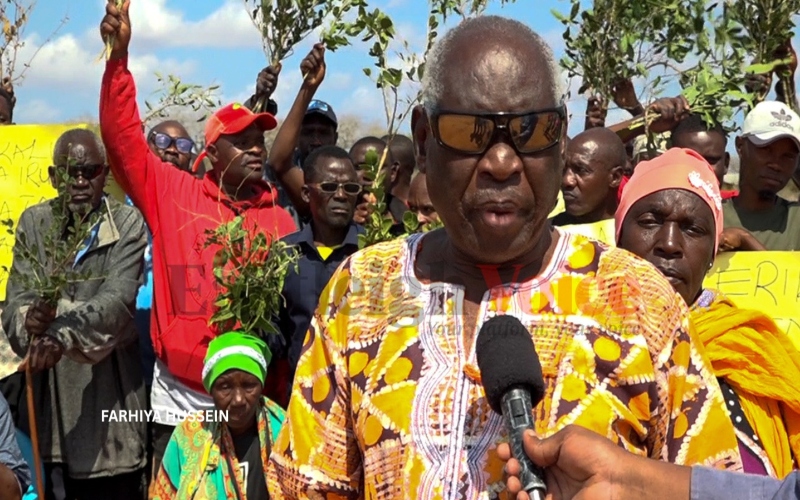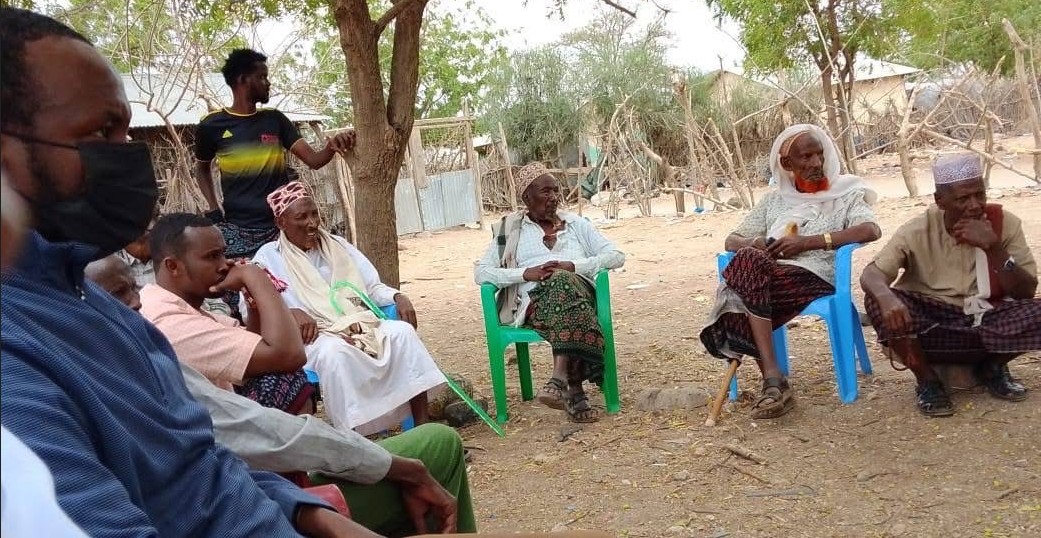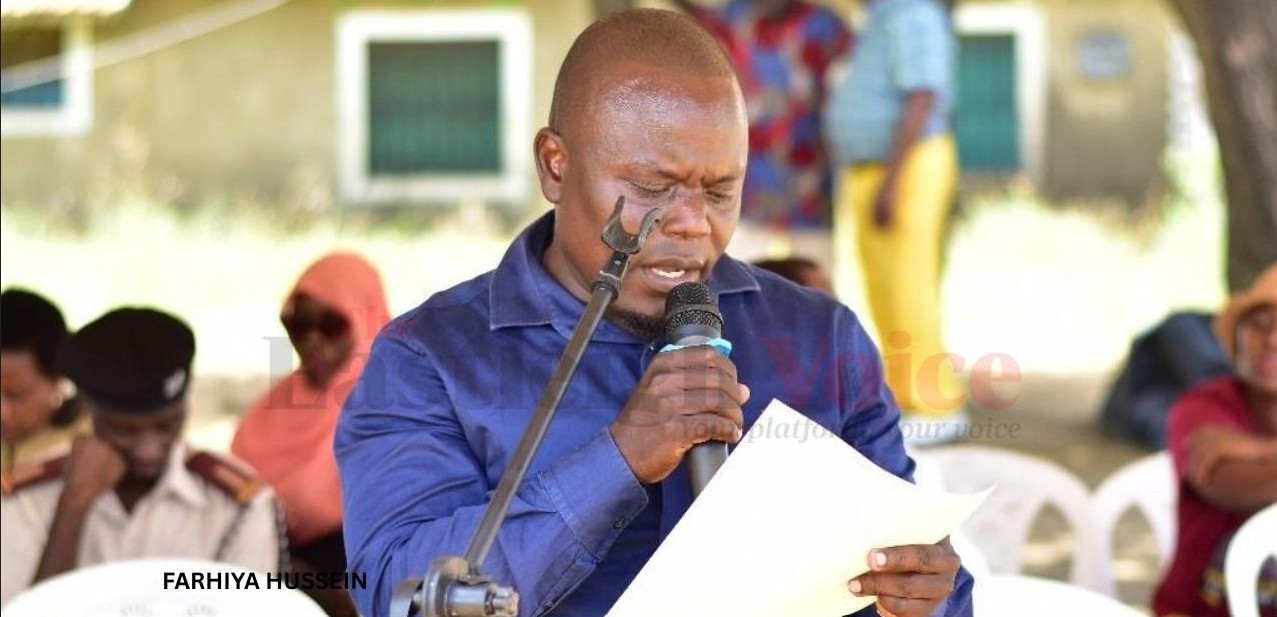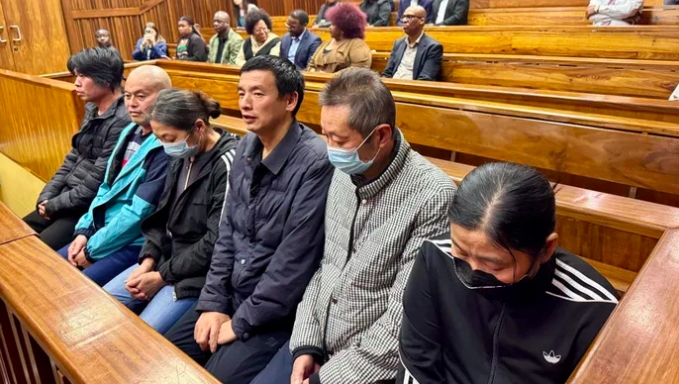Kenya and Uganda sign 8 new MoUs to boost trade, infrastructure and regional integration
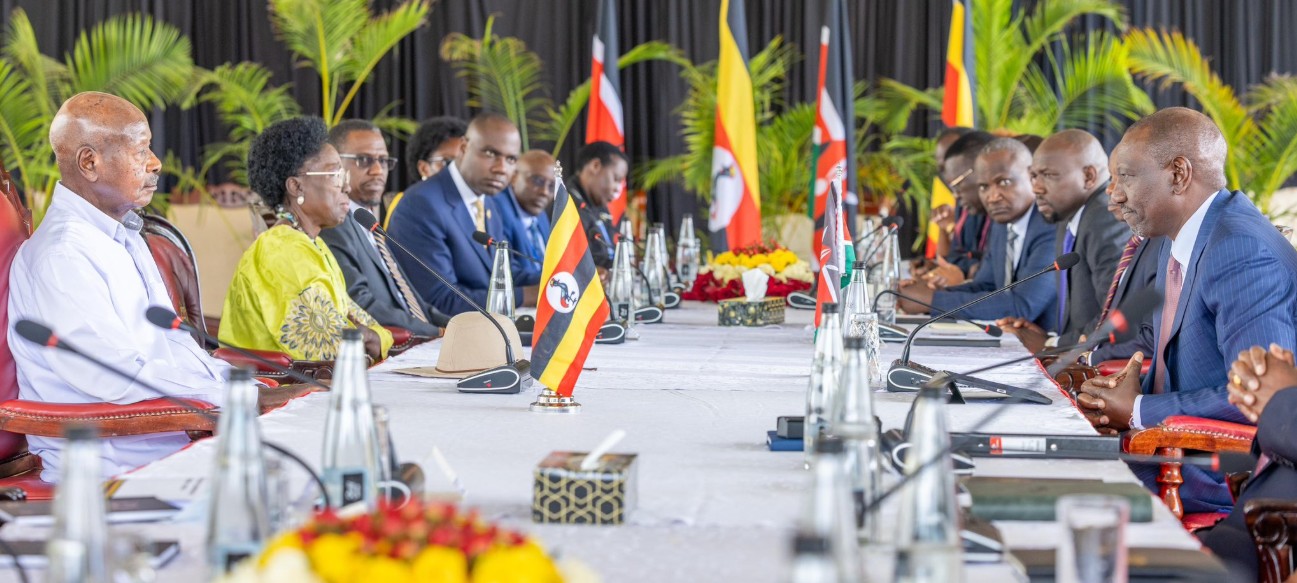
Speaking during a joint press briefing at State House, Nairobi, on Wednesday, President Ruto reaffirmed Kenya’s commitment to deeper collaboration with Uganda to promote regional integration and socio-economic progress.
Kenya and Uganda have entered a new chapter in their bilateral relations following the signing of eight new memoranda of understanding (MoUs) by presidents William Ruto and Yoweri Museveni.
The agreements aim to strengthen cooperation across key sectors such as trade, infrastructure, urban development, and tourism.
More To Read
- Uganda defends troop deployment to South Sudan
- Study: Over 130,000 Ugandan civil servants 'bought' jobs
- Kenya trails Uganda and Tanzania in attracting industrial investment - report
- Uganda detains 13, probes ex-spy chief over fake Kampala terror attacks
- Besigye snubs treason trial, demands Judge’s removal
- Over 9,000 new pest species threaten Uganda’s food security, study warns
Speaking during a joint press briefing at State House, Nairobi, on Wednesday, Ruto reaffirmed Kenya’s commitment to deeper collaboration with Uganda to promote regional integration and socio-economic progress.
“Kenya and Uganda are joined not only by geographical proximity but by a deep spirit of brotherhood, mutual support, and common ideals within the East African Community,” Ruto said.
“These agreements reflect our resolve to turn cooperation into practical results that uplift the lives of our people.”
Strategic areas
With the new additions, the total number of active bilateral agreements between the two nations now stands at 25.
The MoUs span a wide range of strategic areas designed to enhance regional integration and economic ties.
Key agreements include cooperation in mineral exploration and institutional capacity building to combat cross-border smuggling.
The two countries also committed to modernising transport and logistics infrastructure to ease the movement of goods and people.
Other areas of focus include harmonising product standards and regulatory frameworks between the respective national bureaus of standards, as well as advancing innovation in agriculture and the animal industry to boost veterinary services and food security.
In the fisheries sector, Kenya and Uganda agreed to establish new consultative mechanisms and collaborate on managing shared aquatic resources, particularly in Lake Victoria. Another major initiative is the sustainable urban development of the Greater Busia Metro Project, which is set to run through 2028.
Private sector participation
The agreements also cover joint tourism promotion, cultural exchange, eco-tourism, and efforts to improve the investment climate by encouraging private sector participation across borders.
On his two-day official visit, President Museveni emphasised the importance of economic productivity, particularly among Africa’s youth.
“Modern economies are built on producing goods and services. Our people, especially the youth, must be part of Africa’s transformation through trade and industrialisation,” Museveni said.
Both leaders pledged to enhance transport connectivity, with Ruto announcing that the Naivasha–Malaba railway extension—part of a corridor linking to the Central African Republic and the Democratic Republic of Congo—will begin by the end of the year.
He also confirmed the 2025–2028 rollout of the Greater Busia Metro Project, which is expected to modernise cross-border infrastructure and markets, boosting trade and integration between the two economies.
Nairobi–Nakuru–Malaba highway dualling
Progress was also noted on the Nairobi–Nakuru–Malaba highway dualling, which Ruto said will facilitate logistics for the broader Great Lakes region.
Touching on the long-standing Migingo Island dispute, Ruto said the new Fisheries and Aquaculture MoU provides a structured platform for dialogue and resolution of cross-border issues.
“We are united in our commitment to deepen bilateral cooperation and deliver shared prosperity while also working towards a more integrated region,” Ruto said.
The visit comes shortly after Tanzania imposed trade restrictions on Kenyan goods. Although neither leader directly addressed the matter, both underscored the urgency of resolving non-tariff barriers (NTBs) that hamper regional trade.
“We emphasised the need for a principled, practical, and time-bound resolution of these barriers. Their direct impact on small traders and livelihoods is unacceptable,” Ruto said.
Addressing challenges
He added that the upcoming Joint Ministerial Commission mid-term review in Nairobi and a Joint Trade Committee meeting in October will be instrumental in addressing these challenges.
The leaders also committed to regional peace and stability, pledging closer collaboration on conflict resolution through inclusive and multilateral efforts.
To foster cultural unity, Ruto announced the appointment of a special envoy for the Atekeri communities, which include the Teso, Karamojong, and Turkana people across Kenya, Uganda, and South Sudan.
“This will help leverage the culture, tradition, and tourism potential of the Teso, Karamojong, and Turkana people,” he said.
President Museveni’s delegation included senior Ugandan officials and ministers, signalling a shared commitment to advancing Kenya–Uganda relations through practical, strategic partnerships.
“Kenya remains a dedicated partner and a true friend of the Republic of Uganda,” Ruto said.
Top Stories Today
